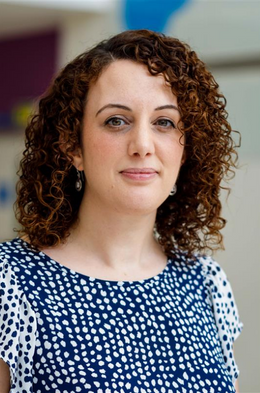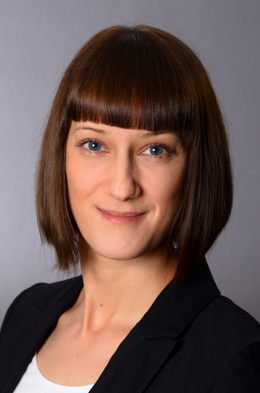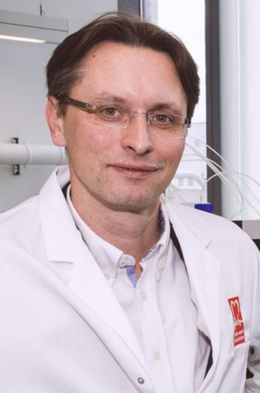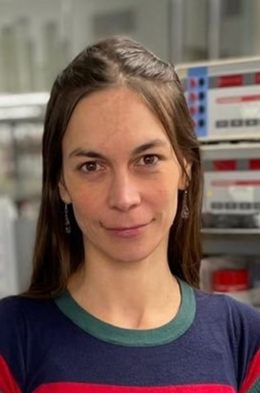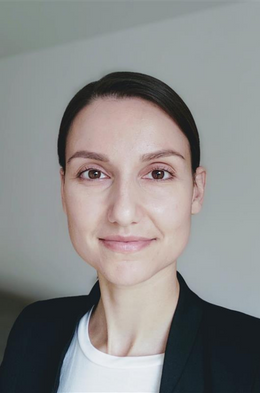2011 at Universidade NOVA de Lisboa, Portugal. From 2011 to 2012, he worked as a postdoctoral researcher in proteomics at Prof. Chris Overall laboratory, University of British Columbia (UBC), Vancouver, Canada. In 2012, Ricardo moved to the Leiden University Medical Hospital, The Netherlands, after being awarded a Marie Curie Individual Postdoctoral Fellowship. There, he joined Prof. Liam McDonnell laboratory to develop and apply mass spectrometry imaging-based methods to study biomolecular changes in the brain associated with migraine. Ricardo moved to the UK in 2015 to join the Proteomics Department at Immunocore Ltd, Abingdon, which he now leads. At Immunocore, most of his work focuses on the identification of targets for the development of immunotherapies against cancer, autoimmune, and infectious diseases. He is interested in the application of omics technologies to profile the immunopeptidome and understand disease-specific mechanisms to help developing improved therapeutic strategies.




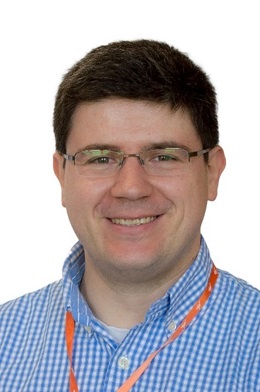
.png)
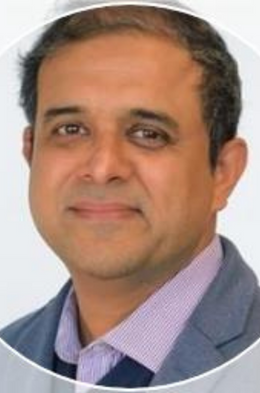
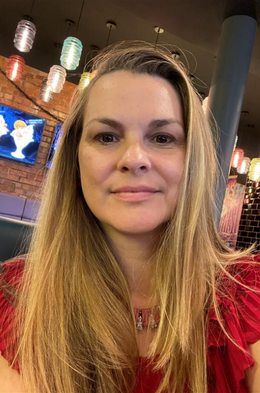

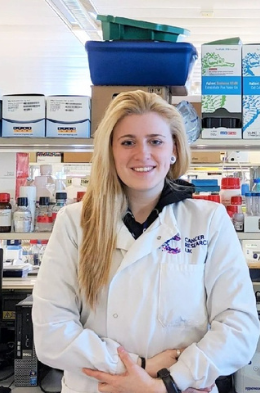
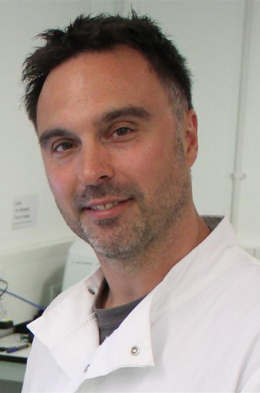
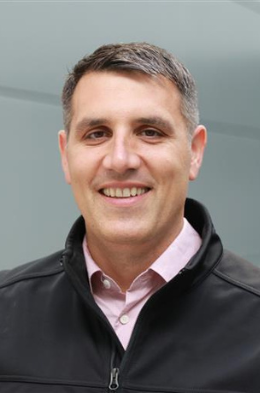
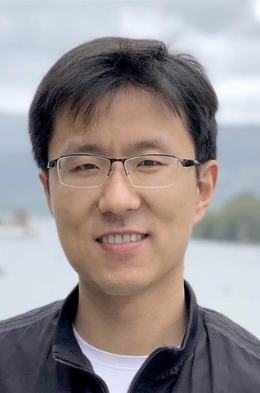
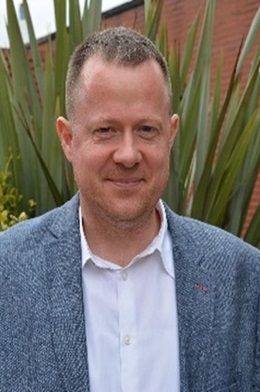
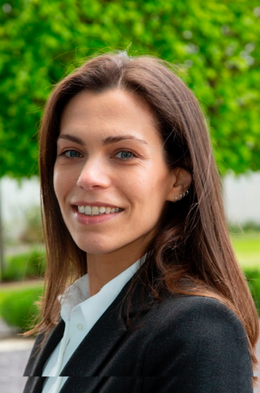

.png)

.png)

